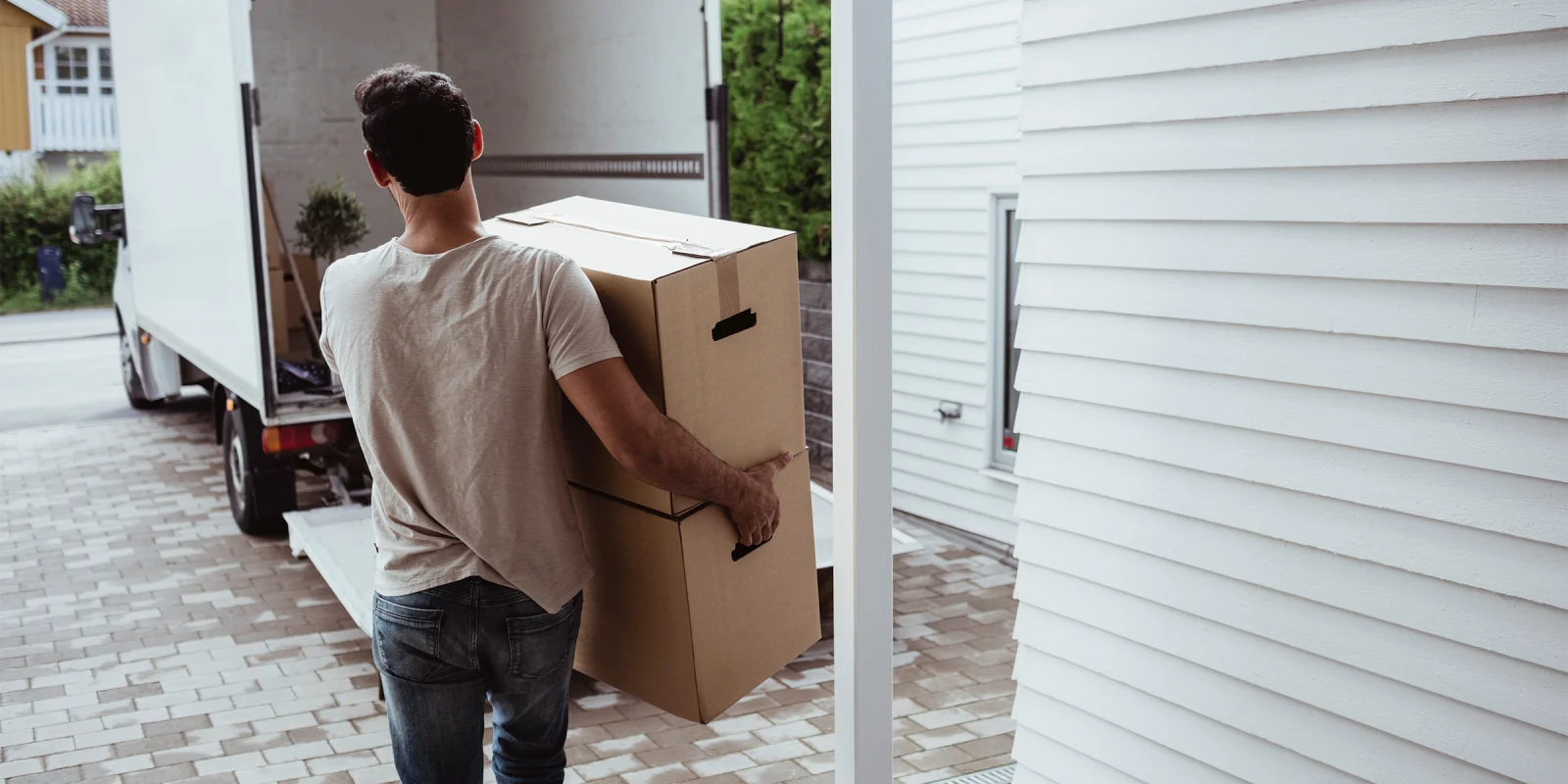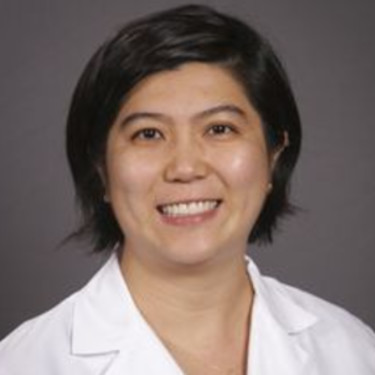I hate moving. It’s the actual worst. Every time I do it, I swear I will never do it again, I will hire someone to do it, or I will just throw everything out.
As a medical professional, it’s assumed that you will have to move at some point. Medical training forces us to move where the jobs are. In 2021, 8% of Americans moved, compared to 25% of physicians who move in the early years of their career. Only 56% of family physicians stay where they trained, and up to 70% of physicians leave their first job within three years.
For a while, I thought it was ideal to carry your home on your back like a turtle. Go where you need to go; never pack or unpack. This was especially true the year I did a fellowship in Long Island, where I shuffled between my apartment in New York City, a second-floor walk-up in Hicksville, and a room in a basement in Stony Brook. I put 10,000 miles on our car that year. Feeling like a nomad, I swore I would never haul my life around in the back of a car again.
As an immigrant who moved to Canada when I was five years old, back to Hong Kong when I was 11, and then to New York by myself for college, in all, I’ve moved 22 times in my life, with eight times being in medical training alone (three times cross-country). Considering I have moved so many times, I have gathered little bits of wisdom that I hope to pass on to my readers.
Depending on what stage you are at in your career (from college to medical school to residency to fellowship to your first job), your family situation (single, partnered, pets), and where your final destination is, the details will change, but the big picture remains the same. Here are my top five tips for relocating as a physician:
1. Start planning early. Give yourself three to six months to find a place to live and figure out transportation options, as well as childcare or pet services if needed. It will take about three to six months to get licensed in a new state, so gather your college and medical school transcripts and any BLS/ACLS certifications. As you get further on in the process, you’ll need diplomas from residency and fellowship, previous licenses and DEA numbers, and computer logins for CMS. Find your medical records. Every new place will ask for your hepatitis titers, childhood vaccine status, and TB tests. Every single time. So keep them in a digital file (these days) or have a manila folder with all the hard copies (which I still carry around).
2. Tie up loose ends. Clean out your locker(s), turn in your badges, and sign all your notes. If you had a clinical practice, use at least the last four to six weeks to tell patients you’re leaving, let them know who will take over their care, and send a formal letter. At home, if you’re renting, hopefully the end of your lease coincides with when you leave. If not, speak to your landlord. If you own a home, make plans to sell or rent it out. If you know your new address, start changing the addresses on your credit card/bank statements about a month in advance. If not, have USPS hold your mail and then forward it, or send mail to your parents’ address, if possible. You may need to buy or sell a car. If selling, look for your title. If buying, look into registration and changing driver's licenses at your new location.
3. Pack and get rid of stuff (but leave out one to two weeks’ worth of essentials). Prioritize when packing! Throw away all your old notes and even most textbooks (they’re all online). Sell or donate furniture that generally costs less than $100 (it will cost more than that to move). Obviously, try to use up perishable foods, soaps, and shampoos, so you’re not carrying half-empty bottles with you. You can and should pack things like spices, small kitchen appliances that are expensive to replace, and nice cutlery. If you have a set of starter dishes, sell or donate those, too. Keep a suitcase or two of your expensive or nonreplaceable items. Pack a week’s worth of climate-appropriate clothing, and consider a business outfit plus shoes for orientation or interviews before your stuff arrives. The less obvious things I would advise having out: a jacket, a blanket, a set of utensils, a bowl to eat from, a refillable water bottle, and some folding chairs.
4. Budget for the move. Moving is expensive, no matter how big or small the move. You get what you pay for, so find the most reliable company you can afford. The person you initially talk to is usually a sales rep and not the people who do the actual moving, so the move usually ends up costing more, no matter how accurate the initial quote is. Movers can cost $5,000–$10,000. Consider things like packing materials, boxes (which cost us over $100), temporary storage fees, and gas prices. You might have to ship your car, dispose of large furniture items, or stay at a hotel or an Airbnb for a few weeks. All of this can be upwards of $10,000, so budget for it, and use credit card points when you can. Ask your new employer about a relocation allowance, which is more likely for starting a new attending job. One survey showed 74% of hospitals offer some kind of relocation allowance (it may be rolled into a sign-on bonus, but ask about it specifically).
5. Hope for the best, but prepare for the worst. I am an optimist, but being a physician, I have also seen how the world works. Check reviews and pick movers wisely. Things get lost or broken, movers arrive late, or don’t come at all. Keep extra cash on hand for places that don’t take credit cards. Let someone know your travel plans and check in regularly. New jobs start slowly, and there will be time to settle in, even if you didn’t get there early or don’t have everything prepared in advance. Don’t sweat the small stuff and think of this as just another adventure!
What has helped you better navigate moving? Share in the comments.
Dr. Carmen Fong is a colorectal surgeon who recently moved from New York City to Atlanta, Georgia, with her wife and two cats. When she is not writing, she enjoys cooking, drawing cartoons, and reading about the mysteries of the universe. She can be found on Instagram @drcarmenfong and on Twitter @Carmen_FongMD.
Image by Maskot / Getty







